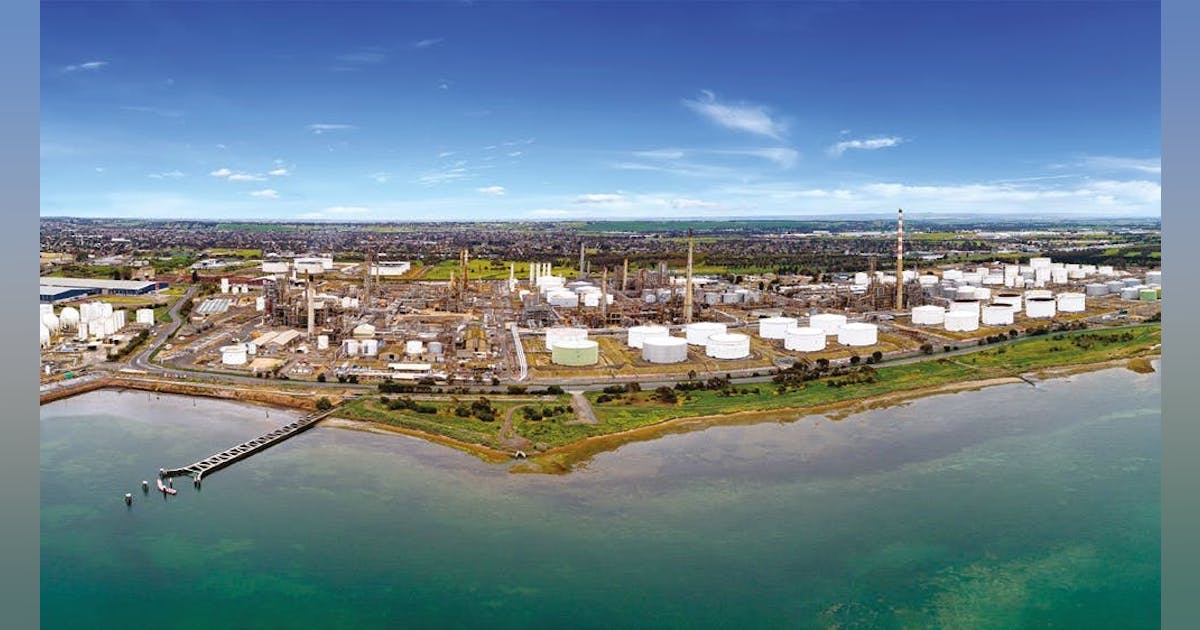
In its 2024 annual report, Viva Energy confirmed it will complete the project at a final cost of $350 million (Aus.), $200 million of which is dedicated to Australian procurement and construction contracts mostly awarded to businesses in the Geelong region.
The budget increase follows the federal government’s December 2023 announcement that fuel quality and noxious vehicle emissions standards would come into effect from December 2025 to ensure Australia’s fuel quality aligns more closely with international standards.
In compliance with the regulatory timeline, Viva Energy confirmed expanding the ULSG project to certify that—in addition to all of Geelong’s ULSG conforms to 10 ppm sulfur content—aromatics limits of the refinery’s RON95 mid-grade gasoline production conforms to the pending legislation’s stricter requirement of less than 35%.
Both the ULSG and aromatics upgrades are part of Viva Energy’s ongoing transformation of the Geelong refinery into a modern energy hub that supports Australia’s energy security while also playing an important role its energy transition, the operator said.
Future refining plans
In its 2024 annual report, Viva Energy said it was continuing to explore options to replace crude oil with biogenic and waste feedstocks at the Geelong refinery, with potential biofeedstock and waste processing projects for the site slated for development throughout 2025.
After confirming in its 2024 half-year results presentation undertaking of engineering design for infrastructure to store and co-process biogenic feedstocks at Geelong, Viva Energy said in its latest annual report that, by yearend 2024, it had completed a first investment in infrastructure to support co-processing at Geelong involving the injection of used cooking oil and soft-plastics pyrolysis oil into processing activities to produce recycled polyproylene and biopolymers.
Additionally, the operator said work remained under way on the scope and phasing of co-processing biofeedstocks at the refinery to produce renewable diesel, with the trial project’s first phase anticipated to deliver 50 ml/year of a 3% renewable-diesel blend potentially beginning in 2026.
Upon completing the second and third phases of the co-processing trial in 2028 and 2032, respectively, Viva Energy said it would then be better positioned to weigh committing to any major investment in a dedicated renewables plant at Geelong based on a tested confidence in both the feedstock and end-user markets.
With rising pressure for an abatement solution to address emissions from air travel, Viva Energy said that—alongside developing supply chains to import and distribute sustainable aviation fuel (SAF)—it also is evaluating possible at-scale production of SAF at Geelong leveraging existing processes at the refinery.
In addition to confidence in secure feedstock and end-user markets, the operator said key government policy and support also would be required to enable any investments in dedicated renewable diesel and SAF production capacities at Geelong.




















